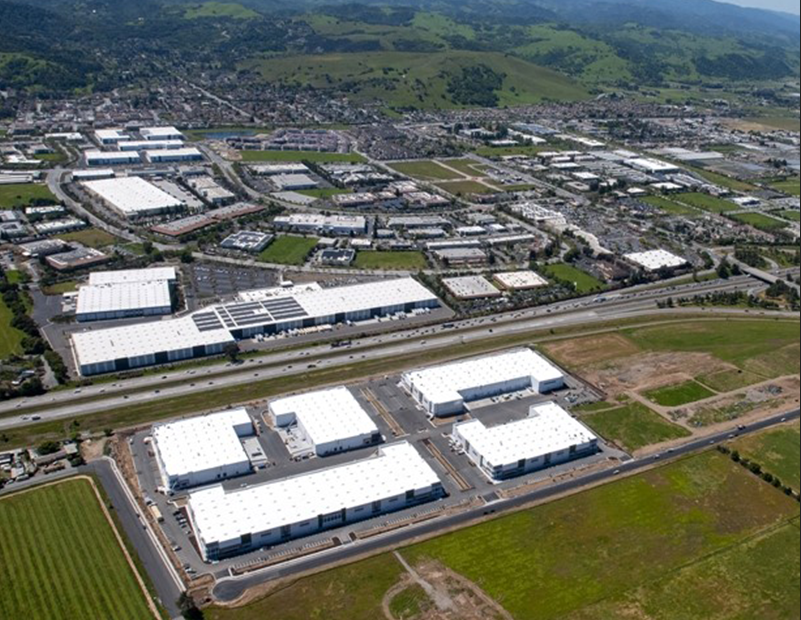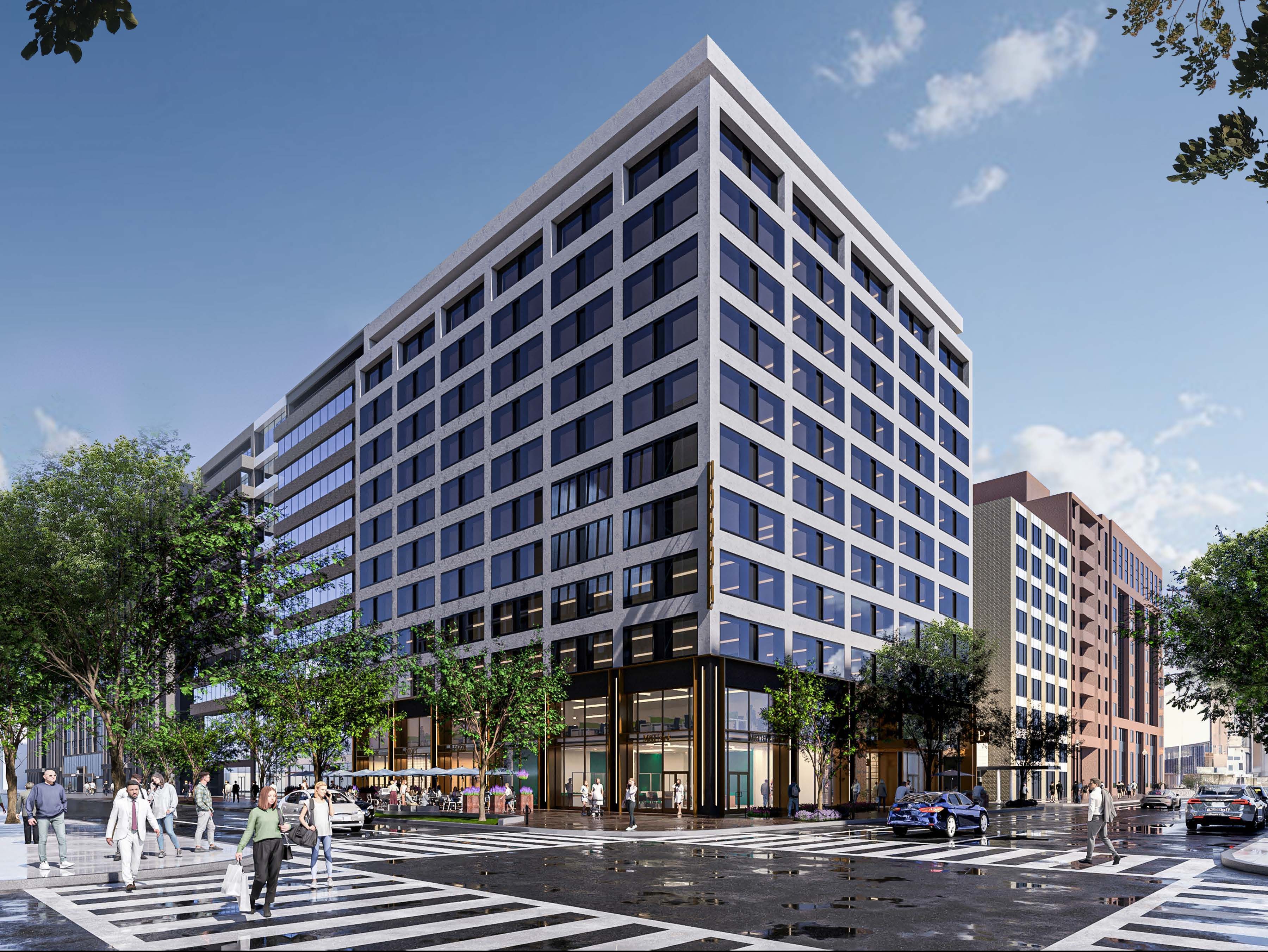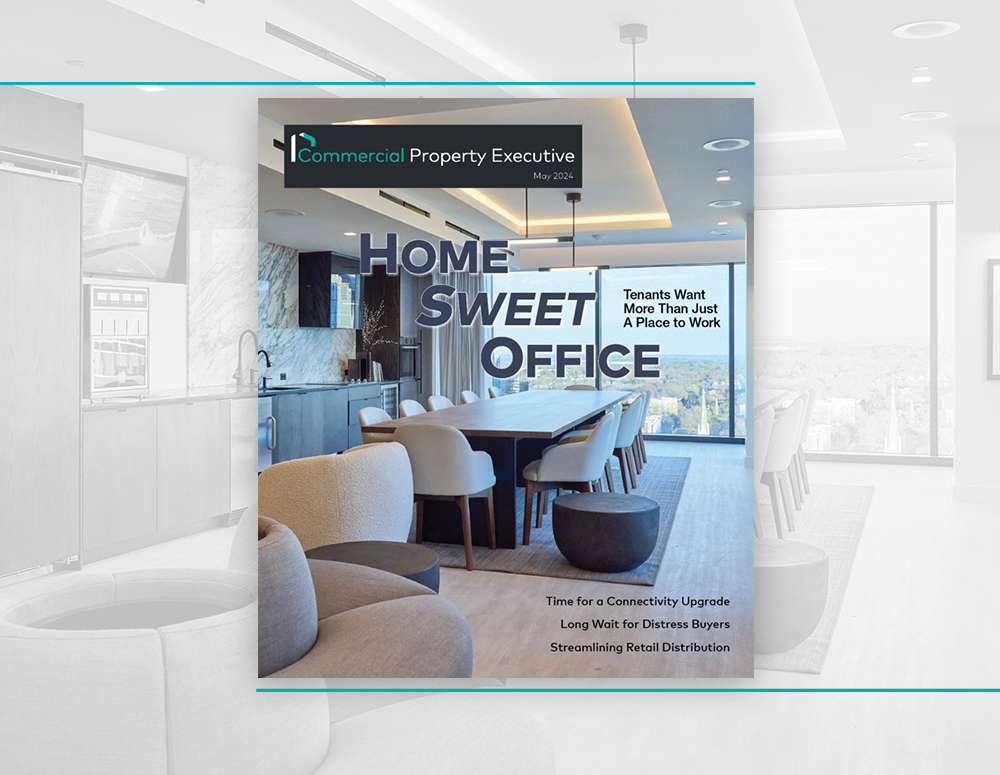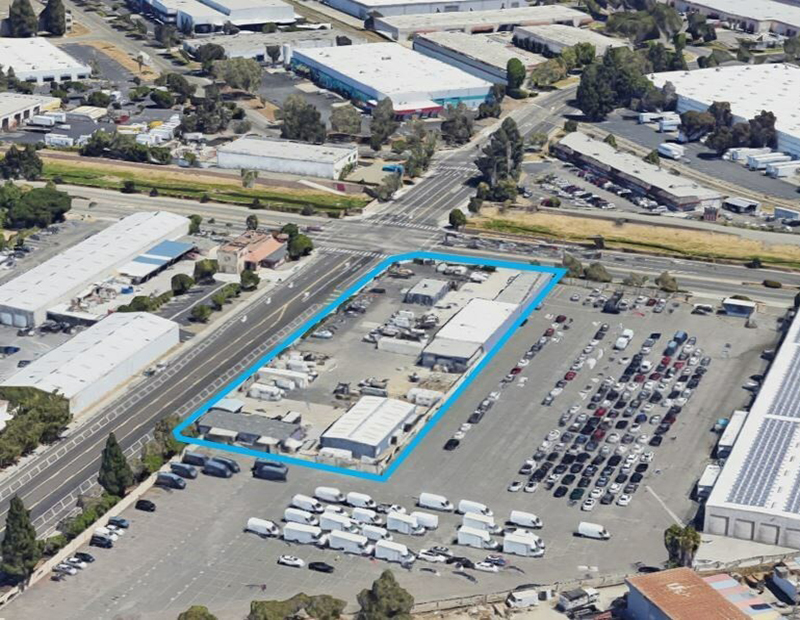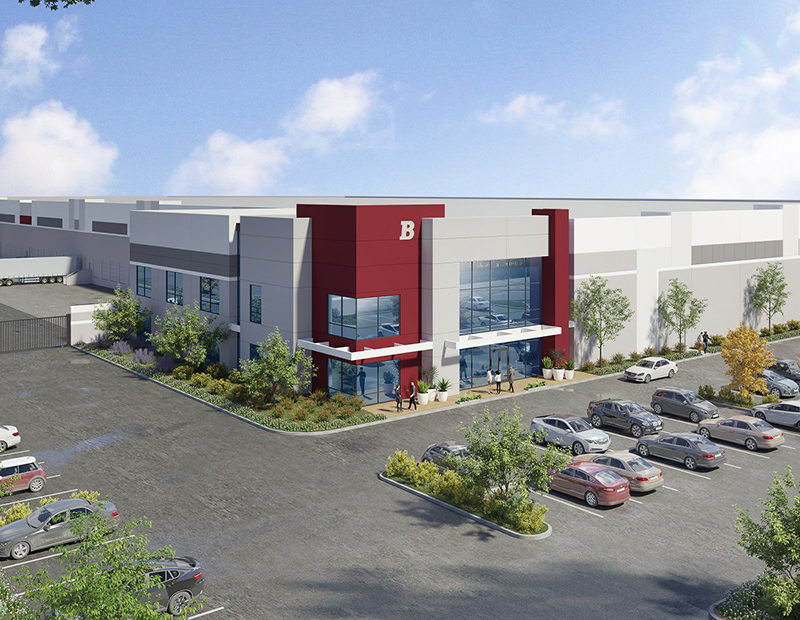Economy Watch: The Fed’s Next Step
What'll be the Federal Open Market Committee's next step in terms of interest rate hikes?
By Dees Stribling, Contributing Editor
As usual when the Federal Open Market Committee decides in favor of the status quo — which it did on Thursday, regarding the ultra-low interest rates that have been in place since the recession — the central bankers’ subtext is “maybe next time.” There are two more meetings of the committee this year, and the betting money seems to be on the last one, which will be in December. Provided nothing untoward happens between then and now, that is. The FOMC doesn’t give specific reasons about its decisions, but it could be that the tumult in China and the stock markets and other places in August was enough to tip the balance against higher rates this time. But memory is short; all that will be forgotten by the markets the time winter comes.
Much of the discussion about interest rates in recent weeks has been about the impact on mortgage rates, since residential buyers are more at the mercy of relatively small moves in rates than deeper-pocketed commercial buyers. Too much of an impact on the residential market will have some indirect effect on parts of the commercial market, however. For instance, higher rates might negatively affect the ability of first-time homebuyers more than any other group, slowing the single-family and condo markets down all around as it becomes harder to trade up–and eventually impacting retailers and logistics firms that move goods, as sales of certain classes of goods favored by homeowners drop. Apartment developers and owners, on the other hand, stand to benefit from a tighter for-sale market, as they have for some years.
Jonathan Smoke, chief economist for realtor.com, certainly takes the view that a bump up in rates will harm the outlook for the residential market: “Those planning to get into the housing market in 2016 may want to consider a home purchase before the end of the 2015,” he said. Forecasts for mortgage rates vary, he adds, but there’s the potential for an increase of 50 basis points over the 12 months following a move by the Fed. “And with that move being more certain than this close call, mortgage rates may move ahead of the target increase.”
By contrast, Rick Sharga, executive vice president of Auction.com, posited that “while lenders may temporarily raise rates, they’ll probably lower them again in a repeat performance of what we saw when the Fed announced it was ending the QE program: rates jumped up by almost a point; applications cratered; home sales slowed down; rates returned to lower levels; home sales and loan applications picked back up. Most likely we’ll see slow, incremental rate increases over time as lenders test the waters.”
As for the impact on the commercial side, a small interest rate increase isn’t likely to have much impact in the near term, according to a source familiar with the capital markets, who noted that even at a slightly higher level, rates will still be very low, historically speaking, without much impact on cap rates. Moreover, interest rates are hardly the only consideration when it comes to penciling out a commercial real estate deal, and whether to park capital in real estate as opposed to elsewhere. A fair number of other investments, at least when compared to real estate — such as the equities markets, or ventures in countries like China — are still dicier, no matter what rates do. A little extra interest is a small price to pay for the stability of better-quality U.S. real estate assets.

